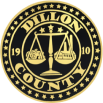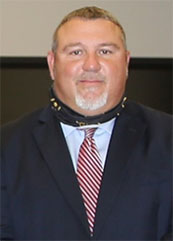Dillon County is located in the northeast section of the state of South Carolina and borders North Carolina to the north. Based on the 2020 census, the county’s population was 30,479. The county seat is the City of Dillon. Founded in 1910 from a portion of Marion County, Dillon is named for local booster J.W. Dillon.
The County was founded in 1910 from a portion of Marion County. The County and the City of Dillon are named for prosperous local citizen James W. Dillon (1826-1913), an Irishman who settled there and led a campaign to bring the railroad into the community. The result of this effort was the construction of the Wilson Short Cut Railroad, which later became part of the Atlantic Coast Line Railroad, and which brought greater prosperity to the area by directly linking Dillon County to the national network of railroads.
For many decades, residents of Dillon County were farmers growing cotton and tobacco. Timber harvesting remains a major industry in the County.
Dillon County has seen a growth in manufacturing and distribution centers over the past 20 years due in part to Interstate 95 which runs through the County north-south.
Harbor Freight Tools operates over 1 million square feet of distribution space in the County and Dillon is also home to the SC State Ports Authority Inland Port Dillon which has led to the creation of hundreds of good-paying jobs for Dillon County residents and over $1 billion in new investment.
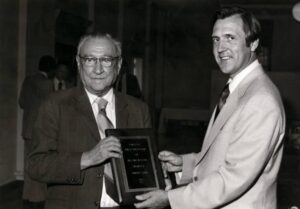
Excerpt from the writing of Durward T. Stokes, author of The History of Dillon County, South Carolina Published by University of South Carolina Press, 1978
Finally, after five elections, three surveys, and fifteen years of political maneuvering, all of the requirements for the creation of the new county were met. In a referendum on December 14, 1909, voters supported a new county by an overwhelming margin, 1,615 to 272. Dillon was selected as the name based on the name of its largest town.
(405 sq. miles; 2020 pop. 30,367). Dillon County, known as “The Golden Land,” was formed in 1910 from the upper portion of Marion County. Its triangular shape is bound on the east by North Carolina and the Lumber River and on the west by Marlboro County and the Great Pee Dee River. Its southern boundary was painstakingly drawn so that at least five hundred square miles remained in Marion County and at least four hundred miles were included in the new county, as required by the state constitution.
Settlers were slow to come to the area that became Dillon County. It was isolated and occupied by the Sara Indians, who were hostile toward the encroachments of European settlers. Roads were primitive and few. Most early settlers came to the northern part of the territory, near the Little Pee Dee River, which developed into a community named Harleesville, later Little Rock. Upper Marion’s first post office opened there in 1807.
Although the fertile soil was highly productive, poor transportation made it difficult for residents to market surplus grains and staple crops. As a result, the earliest commercial venture was raising cattle, which were driven overland to supply beef to the Lowcountry. As river and road transportation improved, residents of upper Marion intensified their farming efforts. As in much of antebellum South Carolina, cotton became the dominant crop. By 1860 planters and farmers along the upper Little Pee Dee Valley produced 4,564 bales of cotton. Agriculture would dominate the region’s economy throughout the nineteenth century.
The county’s struggle for political independence began in 1895 with the adoption of a state constitution that eased restrictions on creating new counties. The political leaders of lower Marion did everything they could to prevent the separation. With the population concentrated in lower Marion, political control rested there. But while the rich farmland of upper Marion produced large property taxes, government expenditures for road maintenance and services were kept low. As a result, upper Marion’s leaders grew determined to have their own county. The construction of the Florence Railroad Line through upper Marion, with stations at Dillon and Latta, added to the new county movement by improving transportation and shipping facilities, which spurred rapid population growth.
Finally, after five elections, three surveys, and fifteen years of political maneuvering, all of the requirements for the creation of the new county were met. In a referendum on December 14, 1909, voters supported a new county by an overwhelming margin, 1,615 to 272. Dillon was selected as the name based on the name of its largest town.
Agriculture continued as the backbone of Dillon County’s economy at the start of the twentieth century. A combination of climate, water resources, and fertile terrain created excellent growing conditions. However, following the onslaught of the boll weevil and disastrously low prices during the Depression of the 1930s, cotton gradually fell out of favor, forcing farmers to seek an alternate crop. Tobacco was the answer. Income from the “golden weed” grew dramatically and quickly overtook cotton as the leading money crop.
By 1997 Dillon County’s tobacco yield had grown to $18.6 million, with cotton a distant second at $5.4 million. During the last half of the twentieth century, farm size and methodology changed dramatically, with machinery replacing manual labor to a large degree. Dillon County farms grew larger in size and fewer in number. In 1950 the county had 3,336 farms, averaging sixty-three acres. By 1997 the number of farms had dropped to 199, while average acreage increased to 458 acres. Mechanized farming forced many families off the land.
As in many South Carolina counties, Dillon’s industry had consisted mostly of cotton mills, which became increasingly outdated as the twentieth century progressed. In 1954 Dillon County’s industrial base expanded significantly with the arrival of Dixiana Mills, a division of Mohawk Carpets, which created badly needed jobs for displaced farm workers and others.
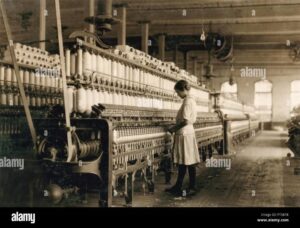
In 1995 Dixiana stunned the county by closing its Dillon plant and moving to Calhoun, Georgia. Fortunately, in 1992 Perdue Farms, Inc., had established in Dillon a chicken processing plant, which helped to replace many of the lost jobs. In 2000 Perdue employed 1,250 workers. In addition, each week local farmers raised 1.25 million chickens from Perdue’s hatchery in Dillon. As the new century began, there were twenty-one industries in Dillon County employing approximately 3,500 people. The balance between agriculture and industry worked to maintain a healthy economy.
Besides the county seat of Dillon, the county is home to two other incorporated towns. Latta was established in 1887 as a station for the Florence Railroad. Located seven miles south of Dillon, this community established its cultural and educational leadership long before the county was formed.
Hofwyl Academy, built-in 1853 near the present town, was widely recognized as the foremost educational facility in upper Marion. It was the forerunner of Latta’s public school system, which proved its excellence in many ways over the years. From 1997 to 1999 the SAT scores of Latta students exceeded those of the county’s other two districts by more than one hundred points. The Latta Library, built with a tax levy and a $5,000 grant from the Carnegie Foundation, became the county’s first library in 1914 and became the nucleus of the Dillon County library system.
Lake View, originally called Ford’s Mill, is thirteen miles east of Dillon. It began as a pond and gristmill in 1792, which makes its origin the earliest of the county’s three incorporated towns. Lake View proudly claims Page’s Mill Pond, with its moss-draped cypress trees, black waters, and carefully preserved gristmill, to be the most picturesque spot in Dillon County. The town also has a reputation for excellence in athletics, with its teams earning eight state championships in football, six in baseball, and one in basketball. In 2001 Josh Cribb of Lake View became the first South Carolina high school pitcher to go an entire season without allowing an earned run. At the end of the twentieth century, life in Dillon County was aptly characterized by its motto: “Quietly Progressive.”
Stokes, Durward T. The History of Dillon County, South Carolina. Columbia: University of South Carolina Press, 1978.
2024 Dillon County Council Meeting Schedule
January 1, 2024
Farmers Market Has Permanent Home
According to the USDA, “Farmers markets have become a critical ingredient to our nation’s economy, food systems, and communities. Connecting rural to urban, farmer to consumer, and fresh ingredients to our diets, farmers markets are becoming economic and community...
Equus Announces Sale of I-95 Inland Port
DILLON COUNTY, SC – February 3, 2022 – Equus Capital Partners, Ltd. (“Equus”), one of the nation’s leading developers and private real estate investment managers, announced the sale of 95 Inland Port Logistics Center, a 373,100 square foot warehouse logistics facility...
2024 Dillon County Government Holiday Schedule
January 1, 2024
Finklea & Moody Elected County Council Chair and Vice-Chair
Councilman T.F. “Buzzy” Finklea, Jr. was elected chairman, and Councilman Harold Moody was elected vice-chairman of the Dillon County Council at a recent meeting. This is the only vote of council taken by secret ballot. Chairman was the first to be taken up. Finklea...
Rep. Hayes Announces $5.2 Million For Stormwater Infrastructure Improvements
Rep. Jackie Hayes has announced that Dillon County will be getting $5.2 million for stormwater infrastructure improvements in Dillon County and the City of Dillon. The South Carolina Office of Resilience’s (SCOR) Disaster Recovery Office (DRO) Community Development...
Druscilla Blakely, Clerk To Council
Dillon County Administration
109 S 3rd Avenue
P.O Box 449
Dillon, SC 29536
Phone: (843) 774-1401
Fax: (843) 774-1443
Email: dblakely@dilloncountysc.org
County Council Meetings
Dillon County Council meets on the 4th Wednesday of each month beginning at 5 p.m. unless otherwise changed due to holidays. From time to time, Council approves a special called meeting. All special called meetings will be advertised in the local press and will also be posted on the County website and at the County Administration Building and Council Chambers.
2024 Dillon County Council Regular Called Meeting Schedule
Council Meets 4th Wednesday at 5 p.m.
Wednesday, January 24, 2024
Wednesday, February 28, 2024
Wednesday, March 27, 2024
Wednesday, April 24, 2024
Wednesday, May 22, 2024
Wednesday, June 26, 2024
Wednesday, July 24, 2024
Wednesday, August 28, 2024
Wednesday, September 25, 2024
Wednesday, October 23, 2024
Wednesday, November 20, 2024
Wednesday, December 18, 2024
County Council Meeting Place
County Council holds all meetings unless specified otherwise at the Dillon County Administration Building, Council Chambers, 109 S 3rd Avenue, Dillon, SC 29536
Requests To Address County Council
Should any person, group or organization request to be heard upon any matter at a regular or special meeting of Council, such person, group or organization shall submit a written request to the Chairman of County Council to place such matter on the agenda for the meeting at least seven (7) days prior to the date set for such meeting. The request shall specifically state the reason for the appearance.
The written request should be sent by USPS mail, hand delivered, or faxed to the Clerk to County Council. To make a request or for more information contact:
Druscilla Blakely, Clerk to Council
109 S 3rd Avenue
P.O Box 449
Dillon, SC 29536
Phone: (843) 774-1401
Fax: (843) 774-1443
Email: dblakely@dilloncountysc.org
2024 Council Agendas & Minutes
| Date | Agenda | Minutes |
|
January 24, 2024 |
Agenda |
|
February 6, 2024 Agenda Minutes
2023 Council Agendas & Minutes
| Date | Agenda | Minutes |
|
January 3, 2023 |
Agenda | |
| January 11, 2023 | Agenda | Minutes |
| January 20, 2023 | Agenda | Minutes |
| January 25, 2023 | Agenda | Minutes |
| February 22, 2023 | Agenda | Minutes |
| March 23, 2023 | Agenda | Minutes |
| April 26, 2023 | Agenda | Minutes |
| May 9, 2023 | Agenda | Minutes |
| May 16, 2023 | Agenda | Minutes |
| May 24, 2023 | Agenda | Minutes |
| June 28, 2023 | Agenda | Minutes |
| July 7, 2023 | Agenda | Minutes |
| July 26, 2023 | Agenda | Minutes |
| August 11, 2023 | Agenda | Minutes |
| August 17, 2023 | Agenda | Minutes |
| August 23, 2023 | Agenda | Minutes |
| August 29, 2023 | Agenda | Minutes |
| September 27, 2023 | Agenda | Minutes |
| October 2, 2023 | Agenda | Minutes |
| October 10, 2023 | Agenda | Minutes |
| October 20, 2023 | Agenda | Minutes |
| October 25, 2023 | Agenda | Minutes |
| November 9, 2023 | Agenda | Minutes |
|
November 15, 2023 |
Agenda | |
|
December 13, 2023 |
Agenda |
Minutes |
2022 Council Agendas & Minutes
| Date | Agenda | Minutes |
| January 26, 2022 | Agenda (PDF) | Minutes |
| February 1, 2022 (Called) | Agenda | Minutes |
| February 9, 2022 (Called) | Agenda | Minutes |
| February 23, 2022 | Agenda | Minutes |
| March 23, 2022 | Agenda | Minutes |
| April 19, 2022 | Agenda | Minutes |
| April 27, 2022 | Minutes | |
| May 25, 2022 | Agenda | Minutes |
| June 22, 2022 | Agenda | Minutes |
| July 20, 2022 | Agenda | Minutes |
| July 27, 2022 | Agenda | Minutes |
| August 16, 2022 | Agenda | Minutes |
| August 24, 2022 | Agenda | Minutes |
| September 15, 2022 | Agenda | Minutes |
| September 28, 2022 | Agenda | Minutes |
| October 5, 2022 | Agenda | Minutes |
| October 26, 2022 | Agenda | Minutes |
| November 9, 2022 | Agenda | Minutes |
| November 16, 2022 | Agenda | Minutes |
| December 5, 2022 | Agenda | Minutes |
| December 14, 2022 | Agenda | Minutes |
For agendas and minutes prior to 2022 you can click on the link below and go to the Dillon County Council Agendas & Minutes Archive Page.
The Dillon County Council has the power to create Boards and Commissions that assist the Council and staff with work important to the citizens of Dillon County. Dillon County Council appoints members of each Board or Commission. Many Boards, Commissions, or Committees are created so that each of the 7 Council members appoint a member so that each of the 7 Districts of the County are represented. Each Board, Commission, or Committee has its own mission, rules, and regulations as set and approved by County Council.
The current Boards & Commission are:
- Dillon County Airport Commission
- Dillon County Library Board of Trustees
- Dillon County Planning Commission
- Dillon County Zoning Board of Appeals
- Dillon County Public-Private Economic Development Partnership Board
- Dillon County Transportation Committee
- Dillon County Conversation District
Interested In Serving On A County Board, Commission or Committee?
Any citizen of Dillon County can request and apply to serve on any of the Boards, Commissions, or Committees. County Council has final say on those selected for each vacancy, but all applications will be reviewed and considered. If interested in serving on one of the Dillon County Boards, Commissions, or Committees contact your Council member or the Clerk To Council at:
Druscilla Blakely, Clerk To Council
Dillon County Administration
109 S 3rd Avenue
P.O Box 449
Dillon, SC 29536
Phone: (843) 774-1401
Fax: (843) 774-1443
Email: dblakely@dilloncountysc.org
County Council Member Contact Information
|
District 1 707 Curry Street |
District 2 301 Horseshoe Drive
|
District 3 2552 Harlee Bridge Rd |
|
District 4 PO Box 173 |
District 5 1948 Hwy 301 N
|
District 6 945 W Calhoun St Ext
|
|
District 7 1101 East Harrison St |
 District 1
District 1
Jamal Campbell,
Vice-Chairman
707 Curry Street
Dillon, SC 29536
Phone: 910-644-2893
Emails
jamal_campbell24@yahoo.com
jcampbell@dilloncountysc.org
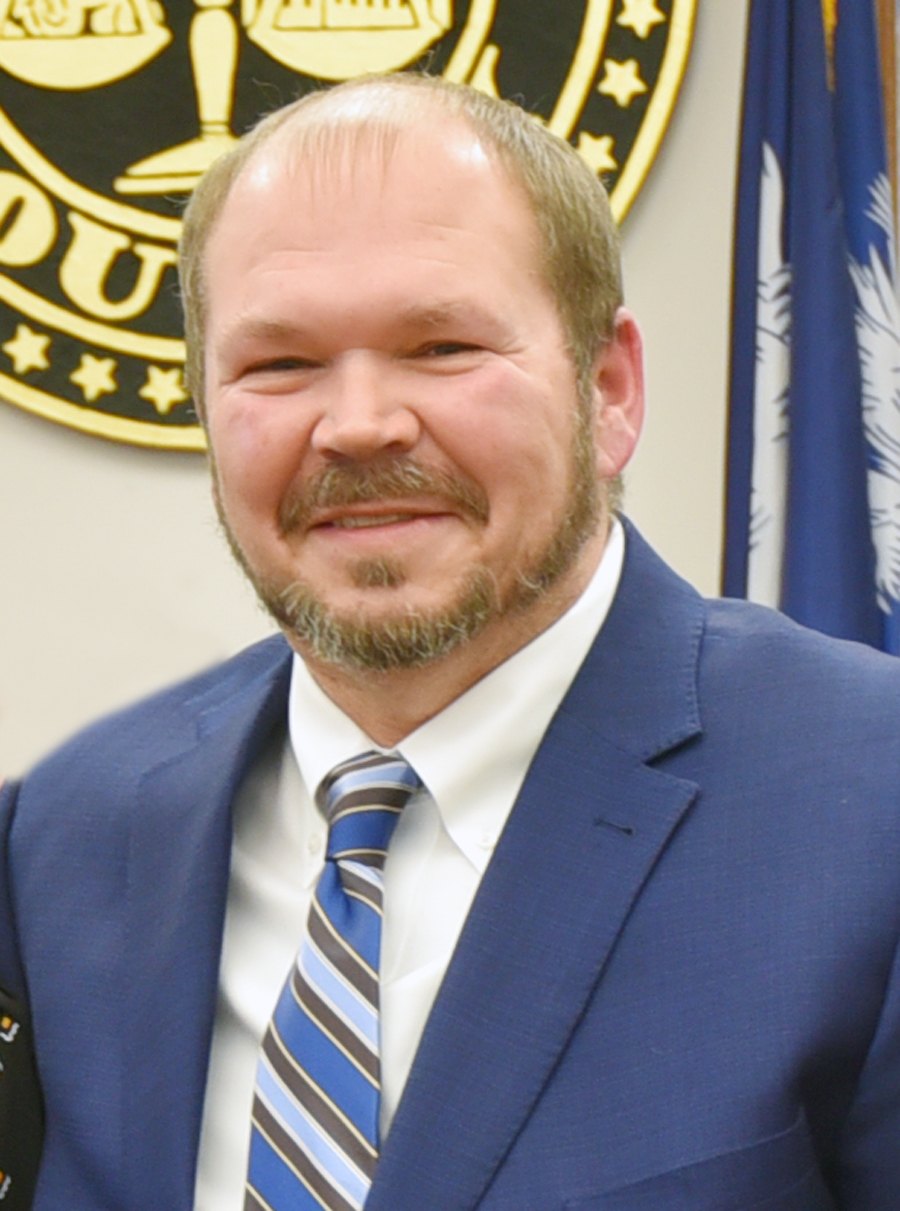 District 5
District 5
Kenny Cook Jr.
1948 Hwy 301 N
Dillon, SC 29536
Phone: 843-610-9780
Email:
kcook@dilloncountysc.org
Your content goes here. Edit or remove this text inline or in the module Content settings. You can also style every aspect of this content in the module Design settings and even apply custom CSS to this text in the module Advanced settings.
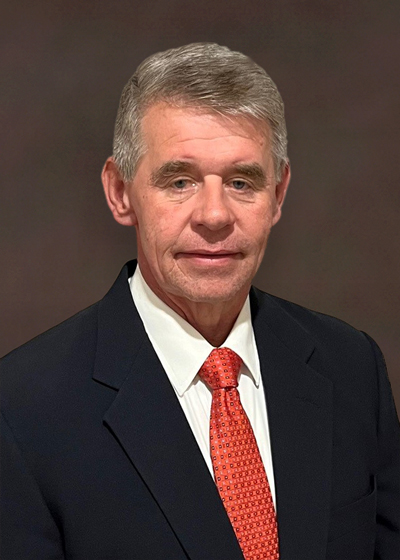 District 2
District 2
Dennis Townsend
301 Horseshoe Drive
Lake View, SC 29563
Phone: 843-621-4478
Emails:
dennistownsend@bellsouth.net
dtownsend@dilloncountysc.org
Your Title Goes Here
Your content goes here. Edit or remove this text inline or in the module Content settings. You can also style every aspect of this content in the module Design settings and even apply custom CSS to this text in the module Advanced settings.
 District 3
District 3
Detrice Dawkins,
Council Chairwoman
2552 Harlee Bridge Rd
Hamer, SC 29547
Phone:843-617-3425
Emails:
tricedawkins@yahoo.com
dmdawkins@dilloncountysc.org
Your Title Goes Here
Your content goes here. Edit or remove this text inline or in the module Content settings. You can also style every aspect of this content in the module Design settings and even apply custom CSS to this text in the module Advanced settings.
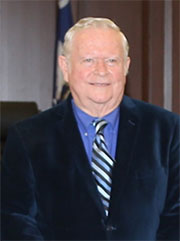 District 4
District 4
T. F. Finklea
PO Box 173
Latta, SC 29565
Phone: 843-752-5017
Cell: 843-632-1266
Emails:
dccbuzzyfinklea@gmail.com
tffinklea@dilloncountysc.org
Your Title Goes Here
Your content goes here. Edit or remove this text inline or in the module Content settings. You can also style every aspect of this content in the module Design settings and even apply custom CSS to this text in the module Advanced settings.
